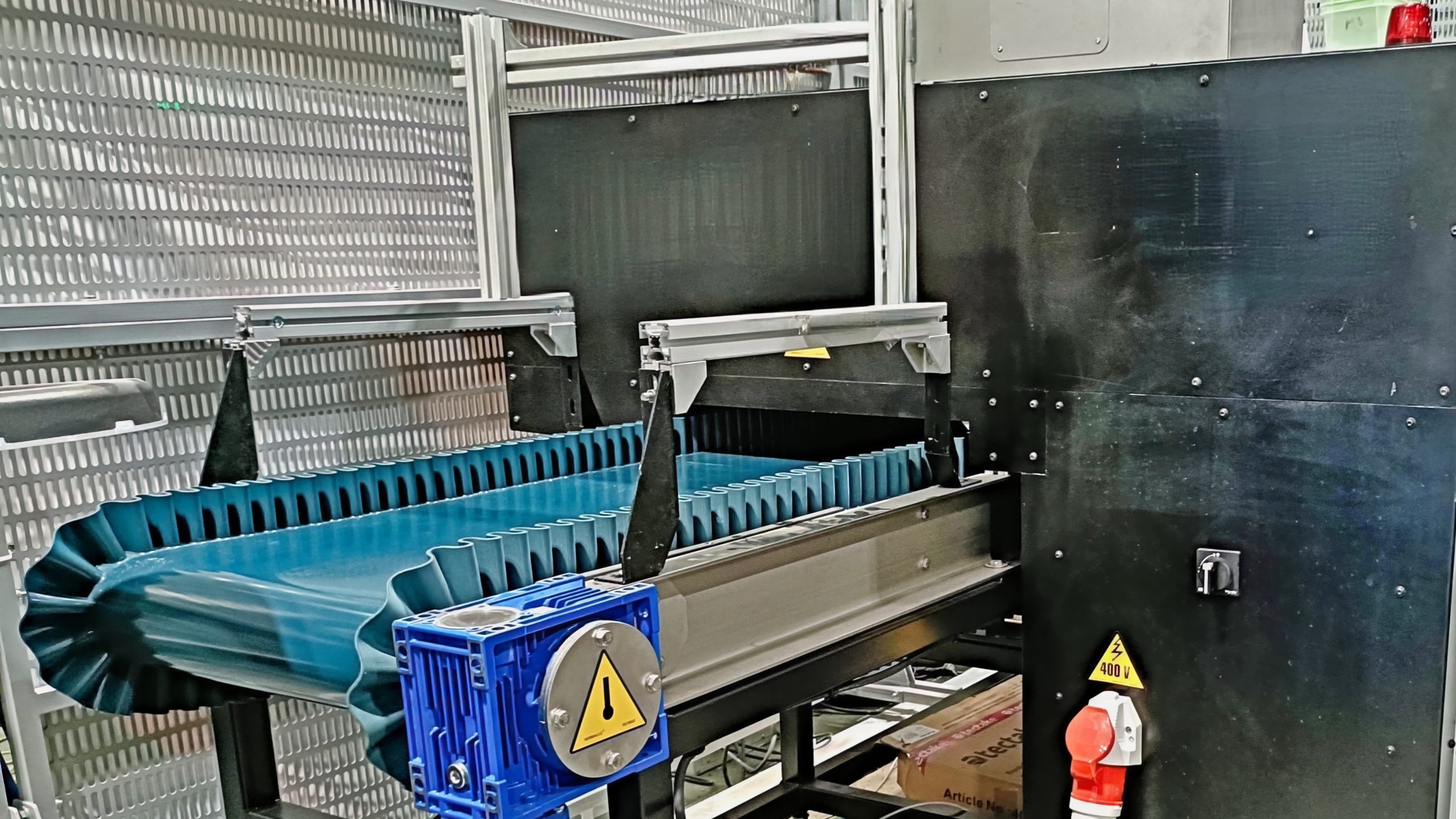Parameters extracted by the sensor modules
The power of Ultisort lies in its ability to provide in-depth information about the physical and chemical properties of materials. Each of the above sensor modules offers different parameters that allow accurate and detailed classification of materials. The key parameters that can be obtained from each technology are described below:
Raman Spectroscopy
Raman spectroscopy is used to obtain information about the molecular structure of materials. This technique identifies organic and inorganic compounds, such as plastics, metals and minerals, based on the molecular vibrations and chemical bonds present.
NIRS (Near Infrared Spectroscopy)
NIRS spectroscopy provides data on the chemical composition of materials. It helps to identify plastics, organic residues and other compounds based on the absorption of light in the near infrared range. This technique is especially useful for detecting the presence of water, fats, proteins and sugars in organic residues.
LIBS (Laser Disintegration Spectroscopy)
LIBS spectroscopy allows elemental determination of materials by laser excitation. This technique is ideal for metal sorting and the identification of elements such as iron, copper and aluminum. It is also effective in the separation of metallic materials in scrap recycling systems.
Fluorescence
Fluorescence is used for the detection of specific compounds by the emission of light when the material is excited by radiation. This technique helps to identify contaminants in recyclable materials, such as plastics and organic waste, that may contain heavy metals or toxic compounds.
Photoluminescence
Photoluminescence identifies materials with particular optical properties. It is used to analyze certain types of plastics and minerals. The interaction with light makes it possible to determine characteristics such as the purity of the material, its crystalline structure and the presence of contaminants.
Advantages of multimodal spectroscopic analysis
The combined use of these techniques allows an efficient characterization of different types of heterogeneous materials or composites. In addition, a precise characterization of each material according to its chemical composition, molecular structure, optical properties and elements present is achieved. This detailed analysis not only improves decision-making during the sorting process, but also optimizes recycling efficiency. It helps reduce costs and improves the quality of the recycled material.
Modular design
ULTISort is characterized by its modular design, which allows combining several spectroscopic techniques in the same equipment according to the specific needs of each application.
A step towards more sustainable and profitable processes
Ultisort not only optimizes operational efficiency, but also offers a powerful tool for managing complex materials. It improves the quality of the recycled product and enables companies to align themselves with the highest industry standards. With Ultisort, companies can take a decisive step towards more sustainable, cost-effective and technologically advanced processes. This contributes to a circular economy and improves recycling operations on a continuous basis.
